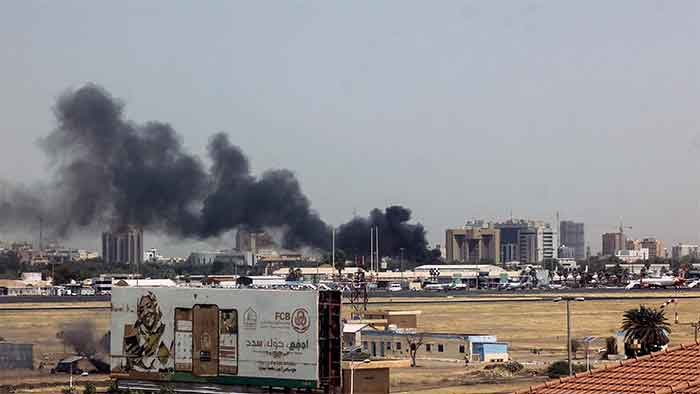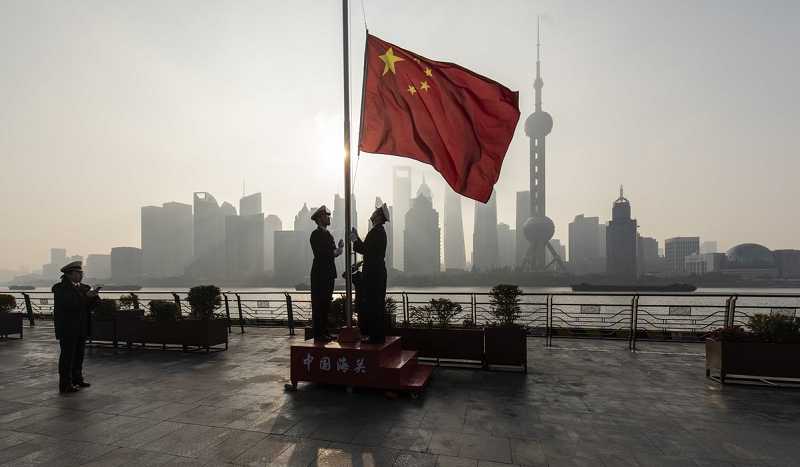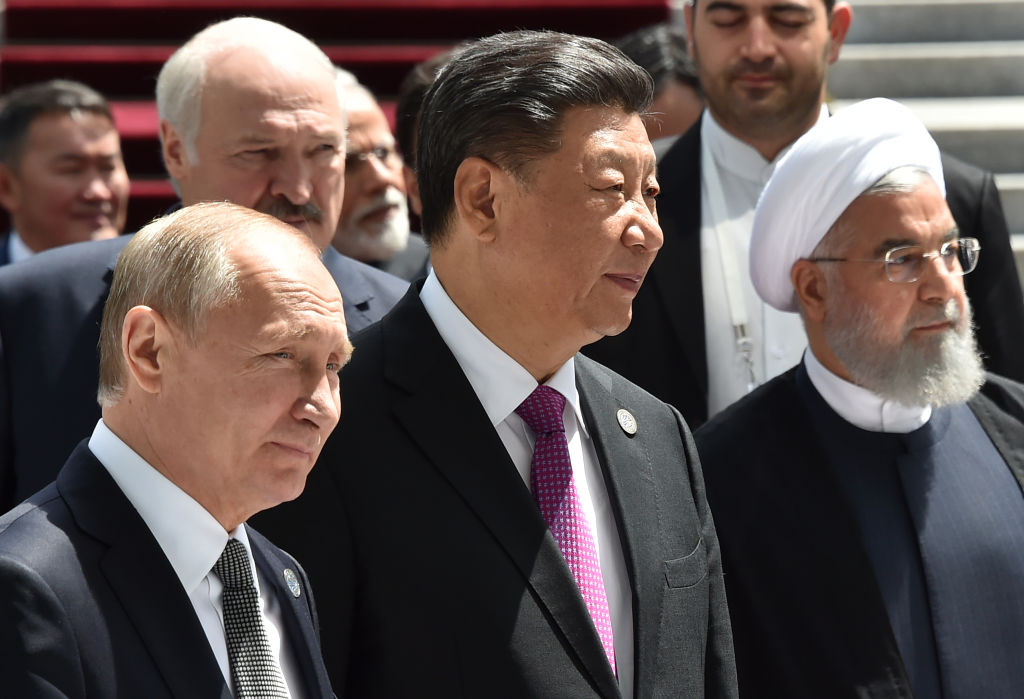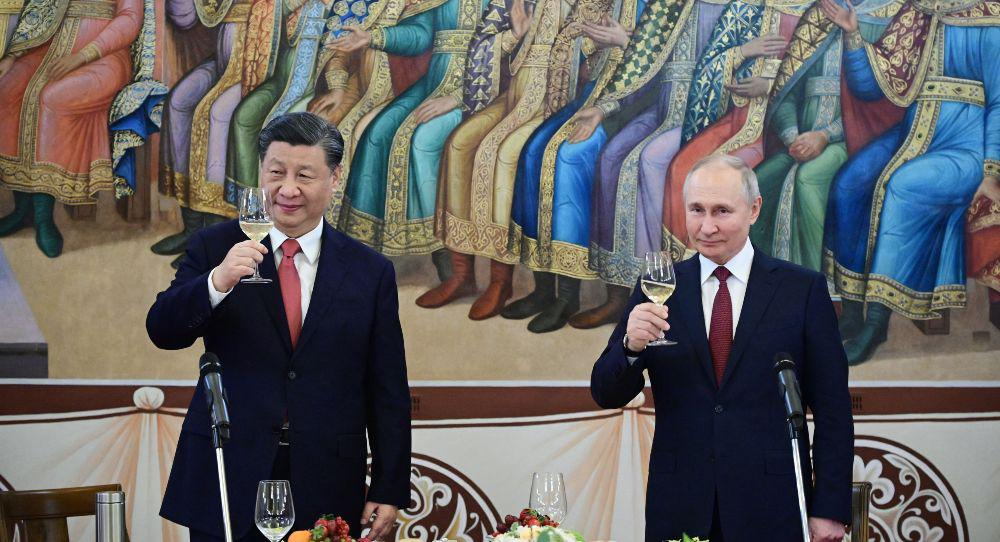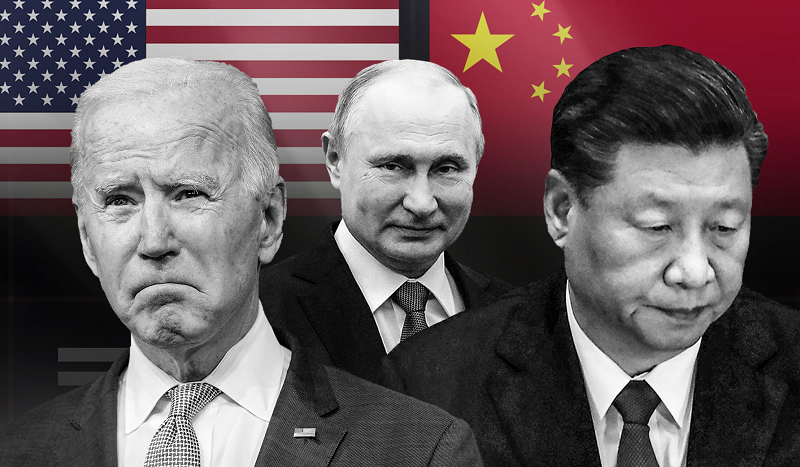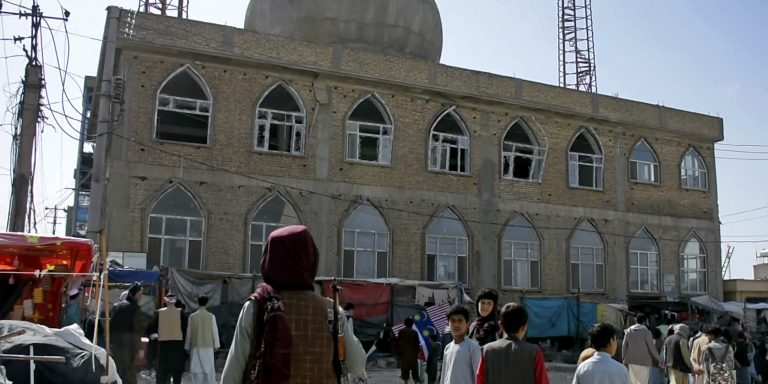How Chinese are financing terrorists to illegally access mineral resources in Nigeria – Report

A BRITISH national newspaper, The Times, has reported that Chinese nationals in the mining sector are financing terrorist groups in some parts of Nigeria to gain access to the country’s mineral resources.
The national daily revealed this in an investigation it published on Saturday, April 15.

